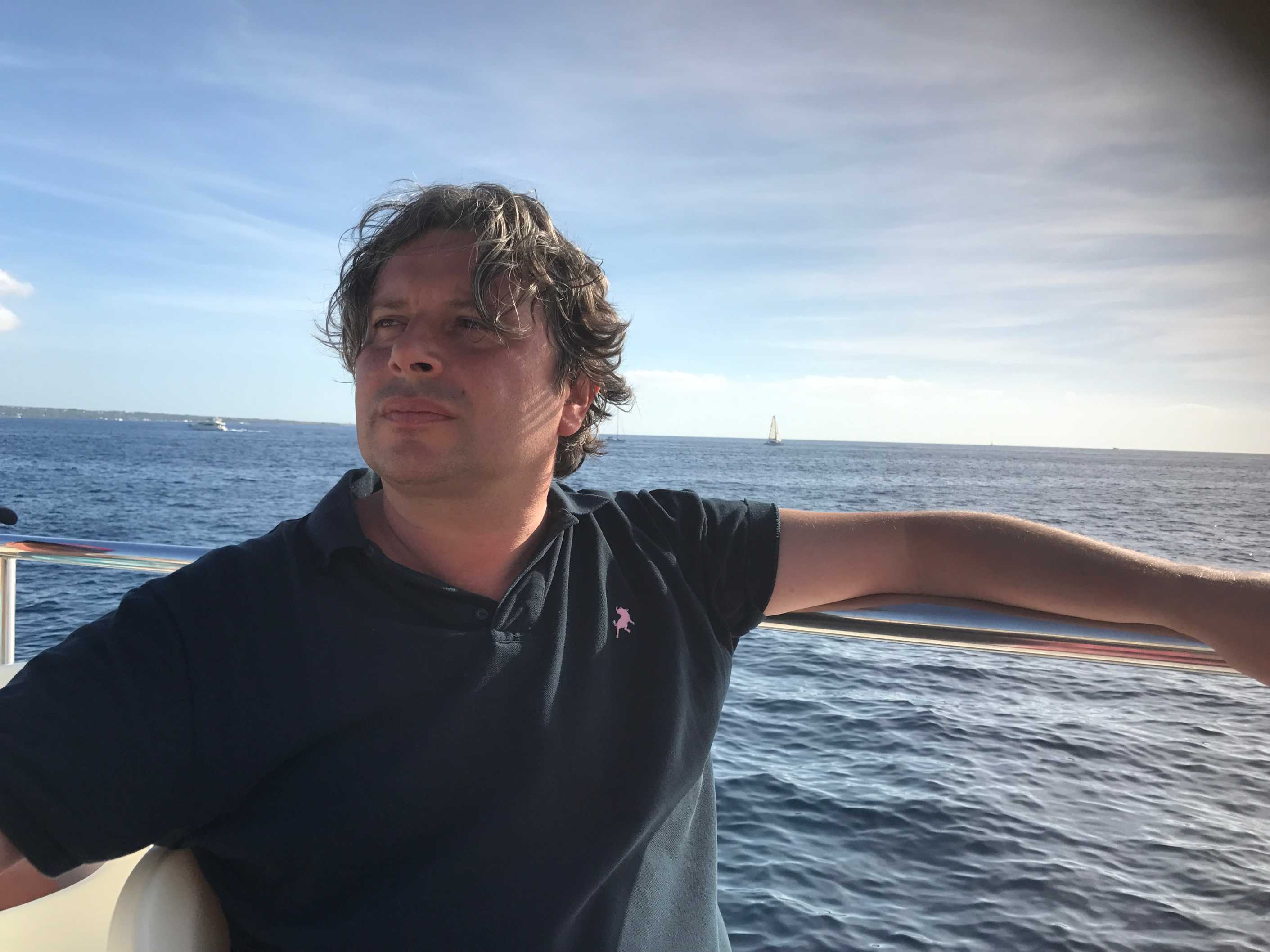“We would like the Strategy to recognise better the essential role of local and regional authorities and civil society organisations, within the revised multilevel governance logic and hence strengthen the existing partnership,” says Gilles Kittel, Team Leader at the European Commission’s Directorate General for Regional and Urban Policy (DG REGIO) in an interview to Connect Monthly.
Revised Action Plan
Gilles Kittel talked about the revised action plan of the EU Strategy for the Adriatic and Ionian Region (EUSAIR) at a recent meeting in Corfu, organised by the Hellenic Presidency. As he now explains to Connect Monthly, the EUSAIR was designed 10 years ago, and the world has changed quite a lot since then. When the strategy was adopted in 2014, it originated from the Adriatic Initiative, which is an Italian initiative, so the strategy was at that time very blue, oriented towards the Adriatic Sea, with less emphasis on inland priorities. Meanwhile, there has been a need to rebalance blue and green priorities.
It is not a national strategy anymore, EUSAIR is shared by ten countries today. The Danube Strategy has already been modified about ten times since its adoption, but in a much more limited way. With the current revision of EUSAIR, there will be lots of novelties. “Nowadays we are far more performance-oriented, and we wanted to reflect that in the strategy. We focus on achieving specific, tangible results – it can be the Trans-Balkan Corridor or cycling lanes and networks along the Adriatic coast, for instance. These results are also far more telling, convincing to the citizens,” explains Gilles Kittel.
The next EUSAIR Annual Forum will take place in Greece in May 2025. “We would like to see new faces. We think it’s important to enlarge the number and the type of stakeholders participating in the strategy, this was one of the reasons for the revision,” the Team Leader adds. “The strategy still has an intergovernmental logic, we would like to move it to a multi-level governance logic, where civil society organisations would play a more important role. Involving more stakeholders and having more transparent, vivid exchanges is the modern way of making policies and strengthening the partnership.” In the Western Balkans, the local level is usually not very much empowered, so an important purpose of the strategy is to change that.
Enlargement process
EUSAIR is a special strategy since it has more candidate countries (5) than EU Member States (4). The enlargement process has a formal ‘choreography’ that countries must respect. “EUSAIR is much lighter. We allow candidate countries to try already things that in the formal process they would normally try at the end. During the official negotiations, we consider that certain chapters need to be provisionally closed before moving on to others. Here, we don’t say this at all, on the contrary, you can try whatever you consider strategic for your capacity building development. We think that you can also learn a lot by doing, by practising,” says Gilles Kittel.
In other words, EUSAIR offers a kind of flexibility that the formal enlargement process does not allow. The strategy is not a substitute to the official negotiations, as entering the EU implies lots of responsibilities, and Member States must be consulted. EUSAIR offers more opportunities on the ground – local authorities, civil servants, business representatives can sit at the table, discussing relevant topics, and this is a practical way for them to make progress and to feel empowered.
As for the setting up of an EUSAIR Youth Council, I have good news: its first meeting will take place in November 2024, in Dubrovnik; the young candidates have already been selected.
New EU Commissioner
Gilles Kittel is not concerned about the fact that European Commission President Ursula von der Leyen’s mission letter to Commissioner-designate Raffaele Fitto (Executive Vice-President for Cohesion and Reforms) does not mention macro-regions. He first stresses that Mr. Fitto has not yet been formally appointed as he will have his confirmation hearing in the coming days. He also emphasises that
“Raffaele Fitto is a highly experienced politician, very familiar with Cohesion issues. We are convinced that he will continue to support the Cohesion Policy. We also find important the President von der Leyen put under his responsibility major portfolios like enlargement and agriculture. It will be an opportunity to develop more synergies,” notes the Team Leader of DG REGIO. He thinks that Mr. Fitto and his team will be able to better connect the dots – and this is well aligned with EUSAIR which is also about connecting the dots in the Adriatic-Ionian region.
The interview was conducted on 25 October 2024.
